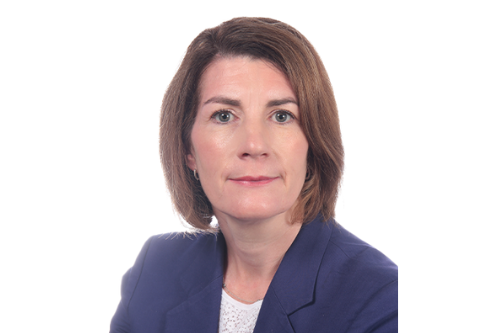

Insurance brokerages have traditionally been ‘face-to-face’ in terms of how they interact with their customers - but with a longer lockdown on the cards for New Zealand, advisers are once again opening up Teams and Zoom to check in with their clients.
Commenting on the impact of the April 2020 lockdown, Melanie Harding (pictured), head of operations - New Zealand at Willis Towers Watson said that the pandemic fundamentally changed how the firm presented itself to clients.
She said that interacting with insurers and clients virtually was something of a learning curve, and it ultimately came with many rewards and challenges.
“Our work is quite traditional in terms of interacting with clients, and COVID for us meant that we had to really completely change the way we did that,” Harding said.
“We were very much a face-to-face business when it came to seeing both customers and insurers, and then suddenly everyone was working from home.”
“Luckily we had issued everyone with laptops just before COVID happened, which meant that the transition for us was quite seamless from a digital perspective,” she continued.
“But there were still big challenges that we had, particularly with our clients. We rolled out Teams for them, and interacting your client virtually through that platform is very different to interacting with them when they’re in the same room.”
“We had to completely rethink how we did that in terms of presentation, and a lot of our clients were also very stressed throughout that period,” Harding explained.
“Their businesses were facing challenges, some of them had claims to make, some found that certain things weren’t covered because there was no coverage under their policies. So, it was definitely quite challenging for us, and then you add in the element of working from home, dealing with homeschooling, bad Wi-Fi, etc.”
Harding said that while hybrid working has suited some people very well, others have found it to be a lot more challenging. However, she said a positive byproduct had been a significant increase in internal communication among staff, and a relentless focus on ongoing training, development and mentoring.
“For some people, transitioning into a hybrid working environment was great, but others - particularly younger people who might have been dealing with a flatting situation - that became more difficult,” Harding said. “But you’ve also really got to see the person behind the colleague, and we worked really hard to connect with our teams far more than we did in the office.”
“We have made sure that we’re still mentoring our teams and providing them with training and development, because that’s become much harder to do,” she added. “But I think we’ve definitely come out of this stronger, and people aren’t afraid to ask to work from home. It’s certainly been a journey, and we’re not finished yet.”
